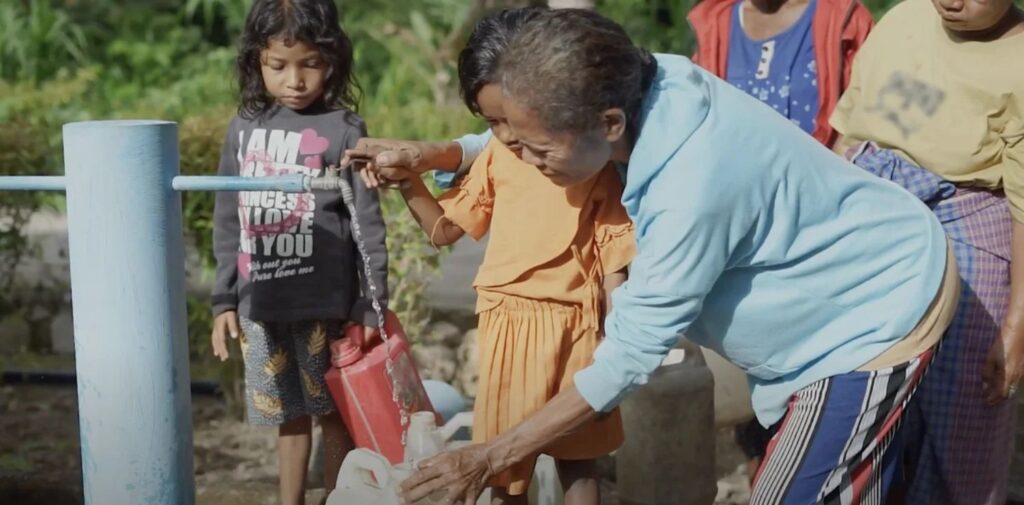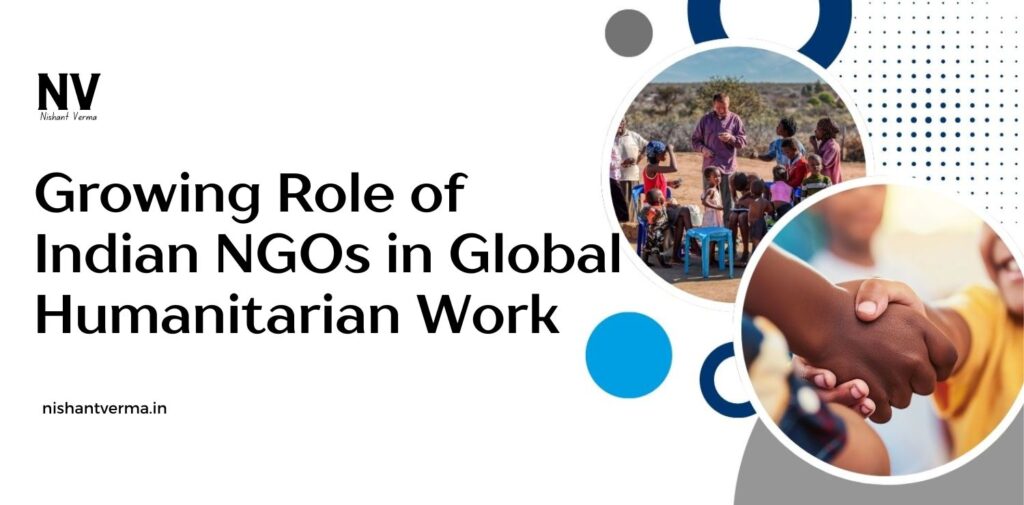India has long been recognized as a country with immense diversity, both in terms of its people and challenges. As a result, the nation’s Non-Governmental Organizations (NGOs) have become increasingly important players in addressing humanitarian issues, both within the country and across the globe. These organizations are playing a significant role in improving lives, advocating for human rights, providing emergency relief, and driving sustainable development worldwide. This article explores the growing influence and impact of Indian NGOs in global humanitarian work.
The Rise of Indian NGOs in Global Humanitarian Efforts
India has a rich history of social work and community-driven initiatives. Over the decades, a number of Indian NGOs have emerged to address the various challenges faced by people across the country, including poverty, education, healthcare, gender equality, and the environment. As these organizations grew in experience and expertise, many of them began expanding their reach beyond the borders of India to help people in other parts of the world.
Indian NGOs have shown a deep commitment to humanitarian work and have gained recognition for their dedication and effectiveness in diverse settings. Today, many of these organizations are actively participating in global efforts to combat poverty, climate change, and conflict, making them key players on the international stage.

Humanitarian Relief in Crisis Zones
One of the key areas where Indian NGOs have made a significant impact is in providing humanitarian relief during crises. Whether it is natural disasters, armed conflicts, or pandemics, these organizations have been at the forefront of delivering aid to those in need.
For instance, after the devastating earthquake in Nepal in 2015, Indian NGOs like Goonj, the Aga Khan Foundation, and the Tata Trusts were among the first to provide relief in the affected areas. These organizations helped distribute food, water, clothing, and medicines, and also worked on the long-term rehabilitation of the affected population.
Indian NGOs have also played an important role in responding to the refugee crisis in neighboring countries like Bangladesh and Myanmar. Organizations such as the Smile Foundation and the SOS Children’s Village have been providing shelter, food, and education to displaced communities, demonstrating India’s humanitarian values on a global scale.

Focus on Sustainable Development Goals (SDGs)
In recent years, Indian NGOs have increasingly aligned their work with the United Nations’ Sustainable Development Goals (SDGs), which aim to address global challenges such as poverty, inequality, climate change, and access to education. Many Indian NGOs are actively involved in achieving these goals by implementing grassroots-level projects and advocating for policies that promote social and environmental sustainability.
For example, the Barefoot College, an NGO based in Rajasthan, has been working to empower women and communities by training them in solar engineering. This initiative not only provides clean energy to rural areas but also contributes to achieving the SDG related to affordable and clean energy. Similarly, the Foundation for Ecological Security (FES) works on biodiversity conservation, sustainable farming practices, and the protection of water resources, which are critical for achieving the SDGs on life on land and water.
By focusing on local solutions with a global impact, Indian NGOs are helping communities adapt to environmental and social challenges while contributing to the achievement of the broader international goals set by the United Nations.
Human Rights Advocacy and Global Awareness
Indian NGOs have also emerged as vocal advocates for human rights, fighting against discrimination, injustice, and inequality in many parts of the world. With a firm belief in the principles of equality and social justice, these organizations have been instrumental in raising awareness about issues such as child labor, human trafficking, women’s rights, and access to education.
One notable example is the work of organizations like Save the Children India and the Child Rights and You (CRY) foundation, which have been actively involved in advocating for the rights of children globally. These NGOs work on programs that aim to end child labor, prevent child marriage, and promote education for all children, regardless of their socioeconomic background.
Furthermore, Indian NGOs are also playing a crucial role in advocating for the rights of marginalized communities, including women, indigenous groups, and people with disabilities. Through partnerships with international bodies such as the United Nations and the European Union, Indian NGOs are contributing to global dialogues on human rights and social equity.
Collaboration with Global Organizations
Indian NGOs have recognized the importance of collaboration in order to maximize their impact. By partnering with other global organizations, including governments, international NGOs, and corporate social responsibility (CSR) initiatives, Indian NGOs are able to expand their reach and resources, allowing them to have a larger and more effective presence on the international stage.
One example of such collaboration is the partnership between Indian NGOs and the World Health Organization (WHO) during the COVID-19 pandemic. NGOs like the Rotary India and the Bhumi Foundation worked together with global organizations to distribute essential medical supplies, raise awareness about preventive measures, and provide support to vulnerable populations.
Indian NGOs have also collaborated with multinational corporations, such as Infosys and Tata Group, to deliver social welfare programs that address education, healthcare, and sanitation in underdeveloped regions. These partnerships not only help to enhance the effectiveness of humanitarian work but also build strong networks of support that are vital for tackling large-scale global challenges.
Philanthropy and Funding from India
In recent years, there has been a notable increase in the philanthropic contributions from Indian individuals and corporations towards global humanitarian work. India’s growing economic strength has translated into a greater willingness among Indian billionaires and businesses to fund international projects aimed at alleviating poverty, improving healthcare, and supporting education.
The Tata Trusts, for example, have long been one of the largest philanthropic organizations in India, and their contributions have made a significant impact globally. The foundation has supported a wide range of global initiatives, from providing medical relief in disaster zones to funding education and sustainable development projects in Africa and Asia.
Similarly, the Azim Premji Foundation, supported by one of India’s wealthiest individuals, has been working internationally to improve the quality of education and reduce social inequalities. Such philanthropic initiatives demonstrate the increasing involvement of Indian donors in global humanitarian causes.

Challenges and Opportunities Ahead
Despite the growing success and recognition of Indian NGOs on the global stage, there are still challenges that need to be addressed. One key challenge is the limited access to international funding and resources compared to their counterparts in Western countries. This can hinder the ability of Indian NGOs to scale up their work and expand their impact.
Moreover, political and regulatory challenges in certain countries can sometimes impede the work of NGOs. In some cases, governments may place restrictions on foreign NGOs or make it difficult for Indian organizations to operate in certain regions.
However, these challenges also present opportunities for Indian NGOs to innovate and adapt. By leveraging technology and digital platforms, Indian NGOs can reach a global audience, raise funds, and raise awareness about important issues. Additionally, collaborations between Indian NGOs and international organizations can help create a more unified approach to addressing global challenges.
Conclusion: Indian NGOs in Global Humanitarian Work
The growing role of Indian NGOs in global humanitarian work is a testament to the country’s deep-rooted values of compassion, social justice, and community welfare. These organizations are making a lasting impact in crisis zones, advocating for human rights, and contributing to global efforts to achieve the Sustainable Development Goals. As Indian NGOs continue to collaborate with international organizations and engage in innovative approaches to development, their influence on the global humanitarian landscape is bound to increase. For the global community, the work of Indian NGOs serves as a powerful reminder that change can begin anywhere, and compassion knows no borders.




